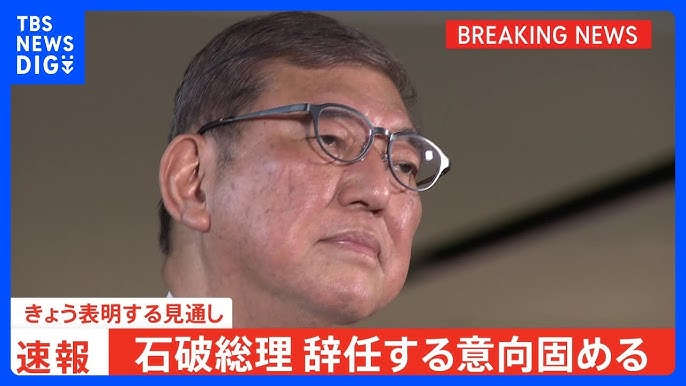Japan’s Prime Minister Ishiba is reportedly firming up his intention to resign. While no official date has been marked, speculation is mounting about the inevitable leadership changes that could shape the nation's political landscape in the near future. The reason behind this looming shift remains undisclosed, but the news sparks a widespread anticipation of upcoming events in Japan's political arena.
In Japan, a Prime Minister's resignation is a significant event warranting extensive media coverage as it could impact Japan's political stability and international relations. People would be keenly interested in the reason behind the resignation, the person who will take up the mantle next, and how this high-level leadership change might affect their day-to-day lives. Various factions within the ruling party may also seize this opportunity to gain power or influence policy direction.
Much like in the U.S or EU, a Prime Minister's resignation in Japan sets in motion a series of events including the potential for either an internal party election to select a new leader or a general election. The entire process can lead to uncertainty and speculation, similar to when a U.S President is impeached or a UK Prime Minister steps down.

